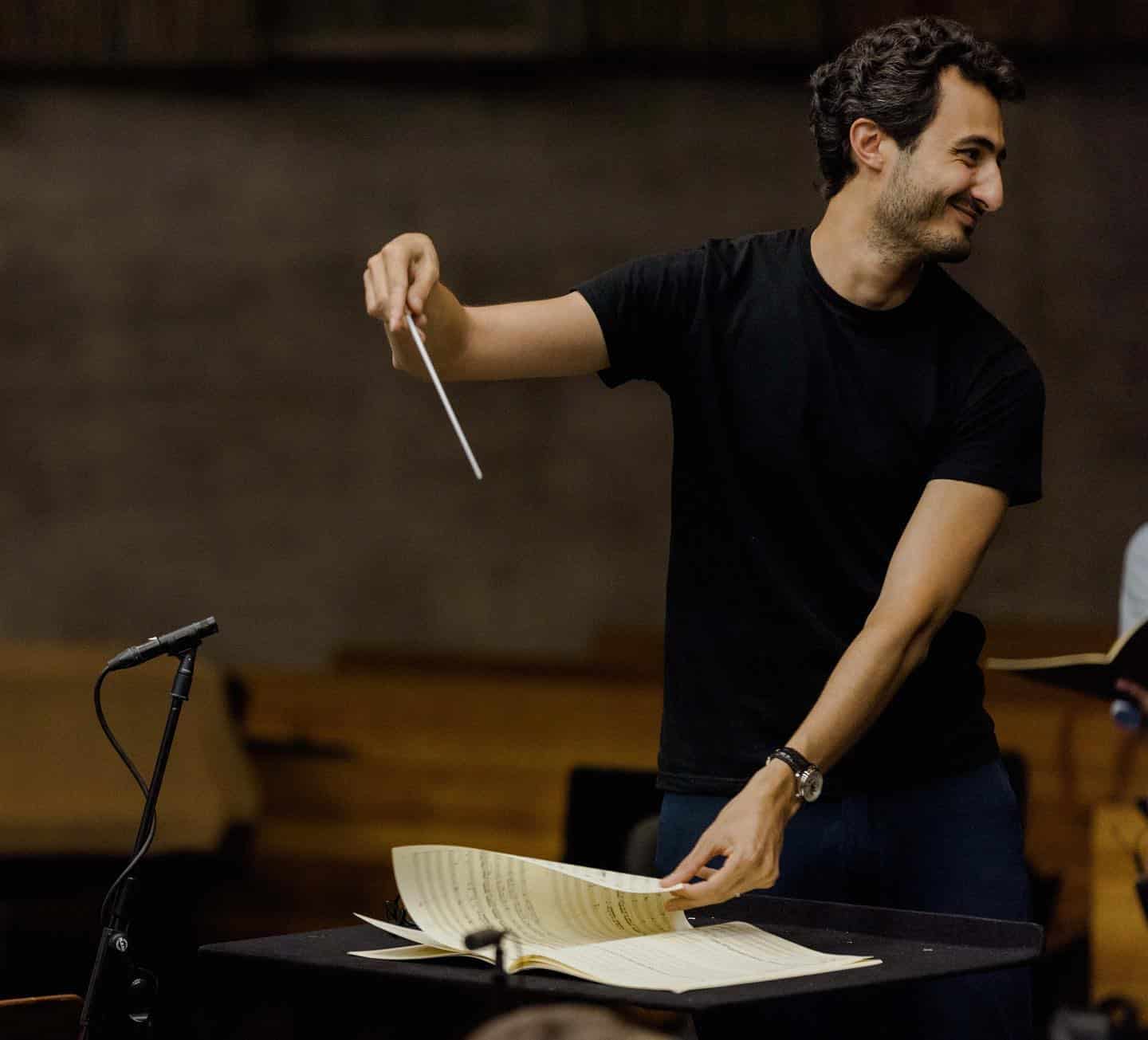George Steiner: Nothing frightens me more than the removal of music from the lives of young children
mainFrom a speech in the Concertgebouw by the ever-relevant philosopher, referencing Aristotle and Furtwängler:
From a speech in the Concertgebouw by the ever-relevant philosopher, referencing Aristotle and Furtwängler:
Boston Symphony pulled one out of the fire…

The Berlin State Opera communicated tonight that its…

From NPR LA: The Long Beach Opera has…

Memo to Peter Gelb: Don’t read the Opera…

Session expired
Please log in again. The login page will open in a new tab. After logging in you can close it and return to this page.
Poor thing , he speaks the usual meaningless platitudes ,betraying his
ignorance to the art and its evolution ,but the speech pleases many like minded souls .
His so-called ‘platitudes’ pale into insignificance compared to yours, in their total, hypercritical negativity.
and when’s the last time Milka got invited to give a speech at the Concertgebouw? It’s so much easier to be an Internet troll.
I don’t get it. Milka, what do you find so objectionable about Steiner’s remarks?
Never ask serious questions to unserious people.
Do not use more than one name
The stupidity
Ever read any of his books, Milka?
started on one …it ended up being a door stop and a not very good door stop .
Nothing frightens me more than a hyperbole.
Regular exposure strengthens the nervous system.
Poor thing you are,Milka…Great thinker,great mind,Mr.Steiner
As I noted there are stupid people who find the Steiner baloney palatable . He thinks
by quoting Nietzsche it gives him some sort of intellectual standing, it just compounds
his ignorance .You also get the stupid observation” when did one get invited to speak at
the Concertgebouw ” What Steiner is bemoaning is the disappearance of his world and
all the myths associated with it .He is talking about “his” music “the good music ” as opposed to what ? the nasty bad music. Music does not speak to anything, never has
never will , sounds are sounds ,their arrangement please or not according to the listener and the times, if sounds are arranged and please it becomes music if not you are admonished to cut out the noise, some people consider Beethoven noise , any meaning music supposedly has is brought to it by the listener.Put on your thinking cap Braun or you will end up like Steiner babbling nonsense.
Well, just for starters, the music to which Steiner refers and alludes, was composed in a temporal fly-speck in term’s of man’s history on planet Earth, so what are we to make of the undeniable fact that man–and certainly children among man–was able to do without this music for well more than 99% of his existence?
Music, as he ways, cannot say “no”, but neither can it say “yes”. It doesn’t “say” anything, at least in the purely verbal realm, and cannot “will”.
Steiner is right in his emulation, but his question is intellectually unfair: people who don’t understand that classical music is an embodiment of values, and don’t follow-up upon its meaning, and commit crimes (like the concentration camp brute who adores Schubert), simply don’t understand it. Neither Debussy, nor Giesenking have any responsibility towards what crazy people cook-up elsewhere, near or close. With his question, Steiner suggests that somehow the music has a responsibility towards its listeners, but it is the other way around.
The problem with Steiner, in spite of his impressive erudition, is that he claims that the high culture which produced a Shakespeare, a Beethoven, a Goethe (and all the other ‘greats’ of post-dinosaur Europe), and which also produced the holocaust, is guilty, period. In his ‘In Bluebeard’s Castle’ (wholeheartedly recommended), he makes the link between the ambition towards cultural excellence and distinction and the persecution of Jews, imperialism, racism etc. etc. which is a perverse twist on cultural history. In his opinion, even the best master pieces carry guilt, are compromised by a connection to evil. But the man is wrong.
“In his opinion, even the best master pieces carry guilt, are compromised by a connection to evil. But the man is wrong.”
Two words: Prove it.
Self evident.
Simple…. read Steiner’s ‘In Bluebeard’s Castle’.
Given the structural contradicions, confusions, and flaws of mankind, no society, no civilization, is a paradise (not even postbrexit UK in the 21st century). The best that is produced compensates for the flaws. Accusing a culture for not being perfect, is crazy.